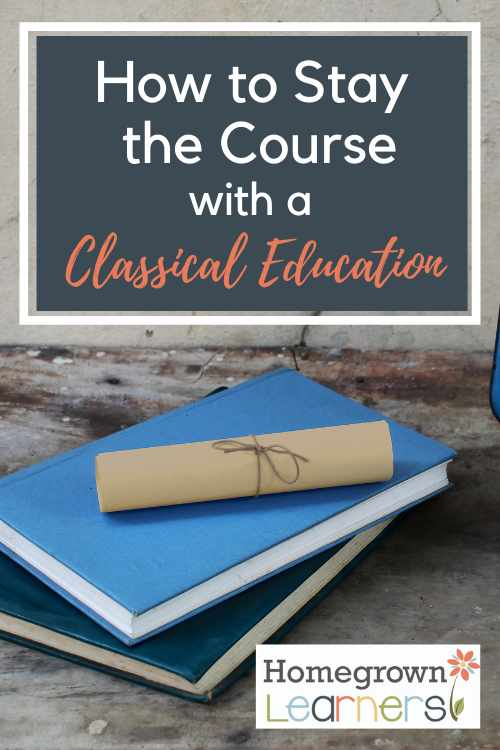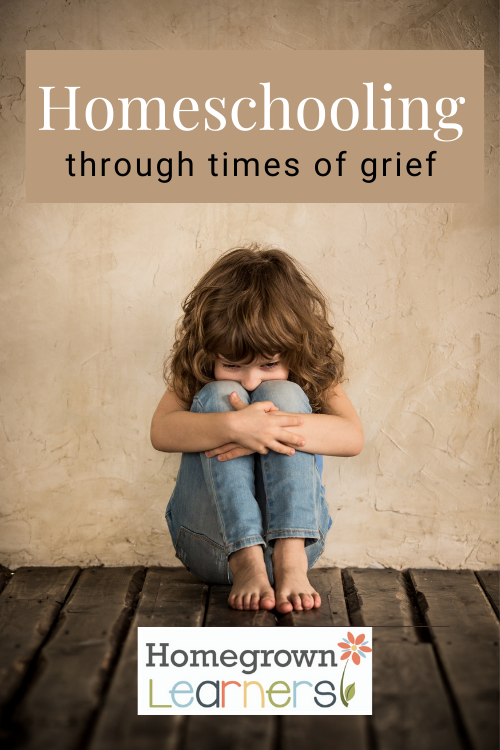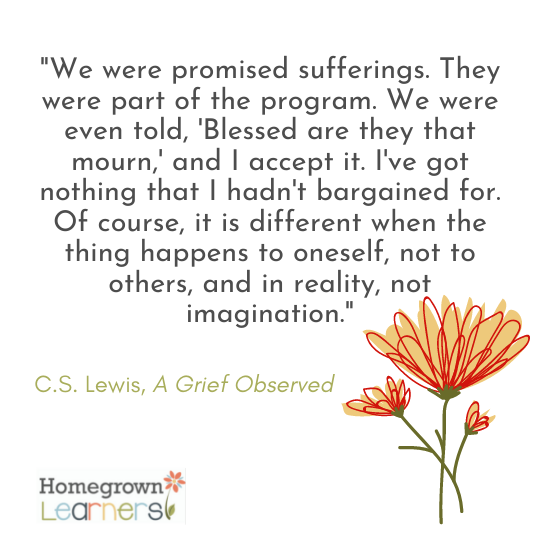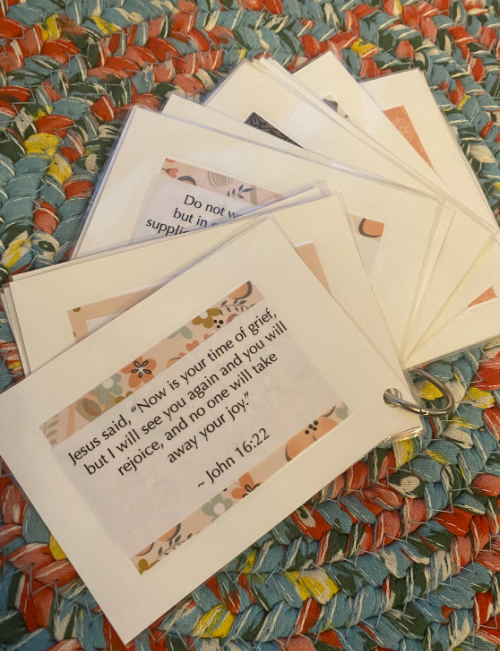This post is about staying the course with a Classical Education.
The author, my long-time friend Betsy, has educated her children all the way through in Classical Conversations. I love, however, the way she writes about CC and how it has been a guide and a springboard for educating her children to the best of each of their abilities.
Classical Conversations isn’t your master - it is your guide.
Because I have blogged so much about our experiences in Classical Conversations, I wanted to bring you this perspective and voice from a homeschooling mother who has so much to offer about homeschooling in the Classical tradition.
(Take it away, Betsy!)
I never intended to homeschool.
We stumbled into it because competitive gymnastics threatened to take all of my son’s free time. (Then we dropped gymnastics and kept homeschooling.)
Thirteen years later, we’re still at it. This year I’m graduating my second child from Classical Conversations—my son started in Essentials, and my daughter at the beginning in Foundations. My youngest started at 4 and she’s currently in Challenge 2. I am so thankful God led us to homeschool with Classical Conversations. It hasn’t been easy, and there have been many times that I wanted to quit.
I’ve learned along the way that I just have to keep learning not only what a classical education looks like but also how God has perfectly designed my children. The fruit of those two pursuits has been worth the effort.
Educate Yourself
The beautiful thing about homeschooling is that you don’t have to know everything to homeschool your children.
But, you can’t stay there! The good news is that working through the material with your student will also provide an excellent education for you.
Curriculum is a Tool, Not the Boss
One of the easiest ways to get derailed in homeschooling is by being ruled by a ruthless curriculum. Well, that may be a little harsh, but in mid-January, some of the materials you gushed over in August might feel like they’re turning on you.
Your student is unique! It’s helpful to remember that a curriculum is made for a generic course of study. Use the curriculum as a tool to accomplish what you want to teach your student. This gives so much freedom to follow interests and curiosities as you go.
It’s really helpful to have the framework of a curriculum so that you know what to study, but not feel tied to complete 100% of the text. Public schools don’t use textbooks that way, so feel free to teach your children even if it deviates from the prescribed plan along the way.
A Classical Conversations Guide is Not Perfection
I have loved that Classical Conversations has opened so many doors in educational pursuits that I would have never chosen on my own. But, I will say that I did not cry when Covid shut down Mock Trial for my youngest.
The beauty of homeschooling and pursuing a classical education is that you can scale the work to educate a human and not produce another perfect classical student—that kind of goes against the premise of a classical education!
It felt so much easier in the Foundations years to do my own thing at home because it was just memory work. Once we entered the Challenge years, I struggled at first with having a vision of my own without just adopting the guide’s vision. It took me a couple of years to start asking myself important questions like:
What is the heart of this assignment?
What tools do I want to equip my child with so they can be a lifelong
learner?What is the first layer of learning in this skill?
We review ideas so many times in Foundations, but it’s harder to see the layered learning in the Challenge years.
While it is important to work with excellence, every skill introduced in CC comes back around again. The industrial model of education says that you have to “get it” on your first try because that’s the only time you’ll ever have the opportunity to learn it.
Classical education works in layers. Just keep adding another layer of learning until mastery. Andrew Pudewa often quotes the Japenese proverb, “Ten thousand times and then begins understanding.” We need more than just one pass at an idea to master it. So, let the first time be the first pass and let go of the expectations of perfection.
Seek Out Multiple Sources
The freedom for me to deviate from the curriculum or a Classical Conversations guide came from hearing from multiple voices on the subject.
I loved Leigh Bortins’ books like The Core but it was just the beginning of my own education on the subject.
The Great Homeschool Convention’s Classical Homeschooling Track opened my eyes to a world of other amazing resources for learning about classical education.
I could sit and listen to Andrew Kern’s contemplation of nature and be inspired to cultivate wisdom and virtue in my children.
Martin Cothran would give me a list of good books to read and inspire me to read outside of the CC Challenge booklist.
Andrew Pudewa encouraged me to let my youngest read with her ears
Christopher Perrin and Sarah Mackenzie opened my eyes to new aspects of classical education as they taught on the topic of scholé in learning and Teaching from Rest
While Leigh Bortins gave me a strong foundation in classical education, the bigger picture of the classical tradition empowered me to become an artist as an educator.
Learn Your Student
While it’s great to have a good curriculum, we train humans, not robots. Every student will respond a little differently to the material.
There are so many variables that impact the overall education that no two students will have the same experience. And there is something very beautiful about that. So, it’s important to learn your student.
Look for What Gets Them Excited
Teenagers can be both easy and difficult to read. They can look disinterested in everything, or interested in a new idea every minute. I have found it helpful to watch what they do more than what they say.
In my son’s sophomore year, he was passionate about becoming an eye surgeon like his grandpa. He loved how his grandpa was helping restore sight in medical missions. As I watched my son work through his schoolwork that year, I noticed that he put the least amount of effort into Biology.
Interesting.
A loss in the family that year distracted me from being as engaged in his learning as I had been in the past. So if I just begged, “Will you please just work on something?!” I noticed that he always picked up his Latin
books.
Strange.
So we had a talk. I told him about what I had noticed in his preference for language over science. Through conversation, we discovered that he loved the idea of restoring sight, but maybe that could be done with language in a spiritual sense and not just with science in a physical sense.
This discovery gave him permission to fully pursue his passion which led to us starting Latin with Andy, an online learning library of resources to help others learn Latin.
Push Them Where You Can
In creating this Latin resource, I made Andy go back through two Latin textbooks he’d already finished. Am I a mean mom or what?
While the Classical Conversations guide can sometimes assign too much work, there are other times when the workload is not enough. If Andy really wanted to pursue language, he needed those ten thousand repetitions that Andrew Pudewa talked about. I required more of my son and he flourished.
You can’t push them in every subject equally though. At least I didn’t feel like I could and still maintain a relationship with my children in the end.
Scaling the work in some areas to give time for excelling in others is a great way to cater the curriculum to your child.
Feel Free to Deviate
My girls didn’t have the same affection for Latin that my son displayed—and it’s okay! They learned a lot from him, which made their Latin studies easier. My girls lean more toward artistic pursuits than academic ones.
We use Classical Conversations to keep us anchored and accountable for reading, writing, and arithmetic, and then we’ve felt the freedom to pursue painting or songwriting—and my artistic soon-to-be-graduate also got the presidential scholarship and an additional art scholarship to study graphic design at her college of choice.
It doesn’t have to be an either/or situation.
The heart of a classical education is to produce liberated thinkers: ones free to flourish in life because they are free to think and discuss with wisdom and virtue.
Betsy Strauss is an unexpected homeschooler and blogger mother of three, who is in a relationship with a sweet man for life. She loves reading books, drinking coffee, and learning anything with her kids.










